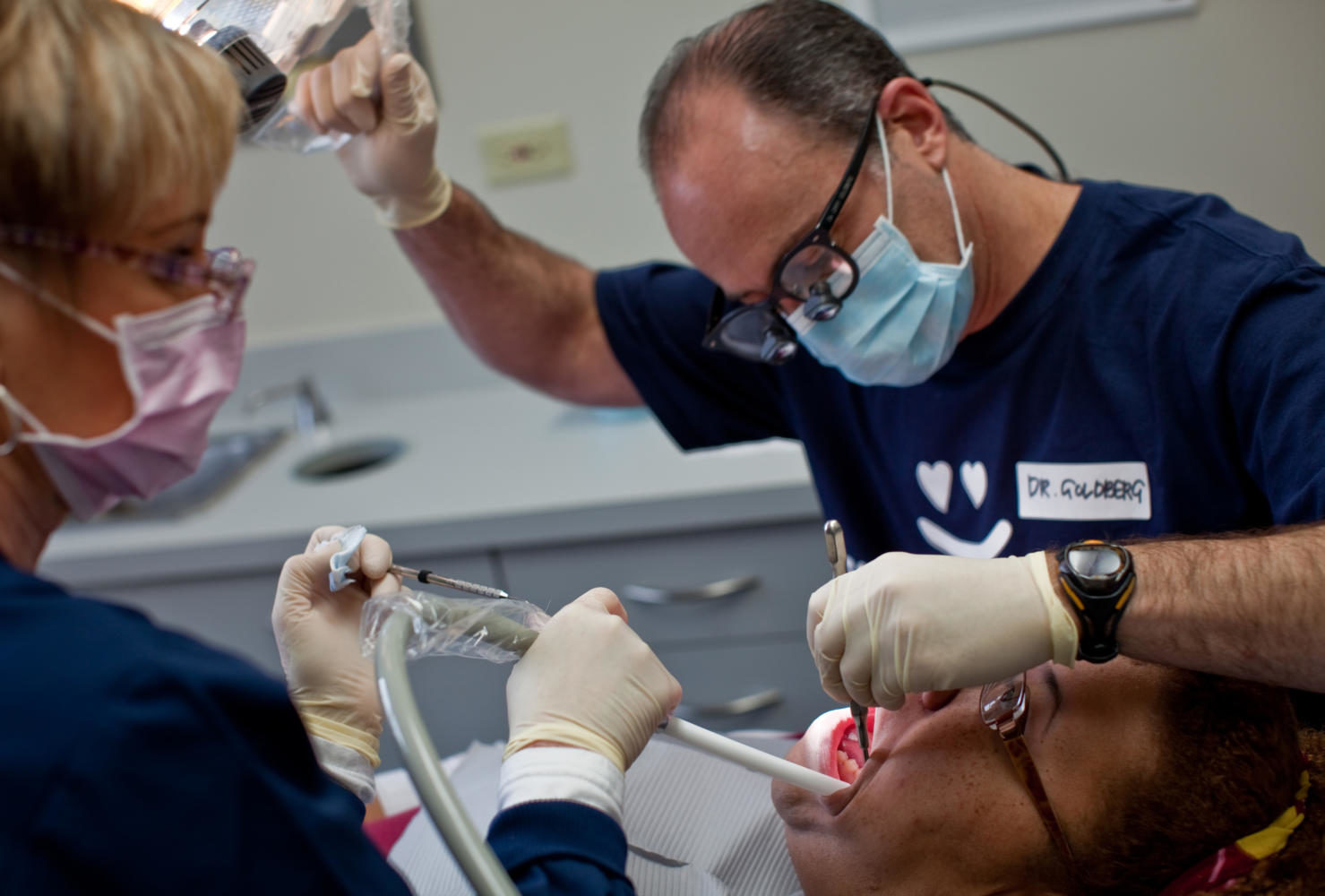What to Expect When You’re Extracting
Getting one’s wisdom teeth extracted can be a frightening and worrisome experience without the proper preparation and expectations.
PHOTO | MCT Campus
Many people have to get their wisdom teeth out in the teenage or young adulthood years in order to maximize dental health in the future.
For the majority of teenagers whose mouths are too small to hold their third molars, including yours truly, the rite of passage into dental adulthood through surgical extraction is inevitable. The pending removal of wisdom teeth can, in its ambiguity, create uneasiness over hypotheticals of the aftermaths of anesthesia, complications and potential pain.
Other than going through surgery on my arm in preschool, I was a novice when it came to undergoing surgery, and was worried about what my anesthesiol experience would be. Thirsty and hungry from my necessary embargo on food and drink for the sake of the anesthesia, I went into the morning of my procedure nervous about many things: would I feel anything during the surgery? Would I experience serious side-effects from the anesthesia? Would there be any serious complications?
They say that time flies when you’re having fun: but not quite as fast as when you’re under anesthesia. You’ll go into be injected with anesthesia, and next thing you know you’ll wake up wisdom toothless and woozy, ready to go home.
The car ride home will be an interesting one: you might reveal your deepest secrets to your trusted driver, or you may inaudibly sing Broadway showtunes. If you’re lucky, you’ll have kind fellow passengers who respect your drugged vulnerability and will not film you for the satisfaction of everyone you know.
It will hurt. Not for the first few hours: but once the numbness wears off and the awareness returns, it will hurt. Likely, you won’t be able to swallow painkillers for a considerable time, as result of the tedious swelling of your lips and mouth.
Eventually the swelling will go down and you will no longer have to rotate out gauze pads to stop the bleeding from the surgical site. But the fun is not over. You will barely be able to down much more than soup and applesauce for the first few days or be able to function without the quad-daily dosage of Ibuprofen and antibiotics.
For the first two weeks, return to normalcy in diet and activity will be a gradual and an occasionally tedious process. You will not be able to evoke much more outward emotion than one who has recently gotten Botox. You will not be able to sleep in any position other than elevated on your back: and for those of us who exclusively sleep in fetal positions on our left sides, it is no walk in the park.
Through it all though, you will make it. It will take pain, it will take sacrifice, it will take anesthesia-induced humiliation, but you will come out stronger and guaranteed for a dentally healthier future. Be brave, and just take it one wisdom tooth at a time.



